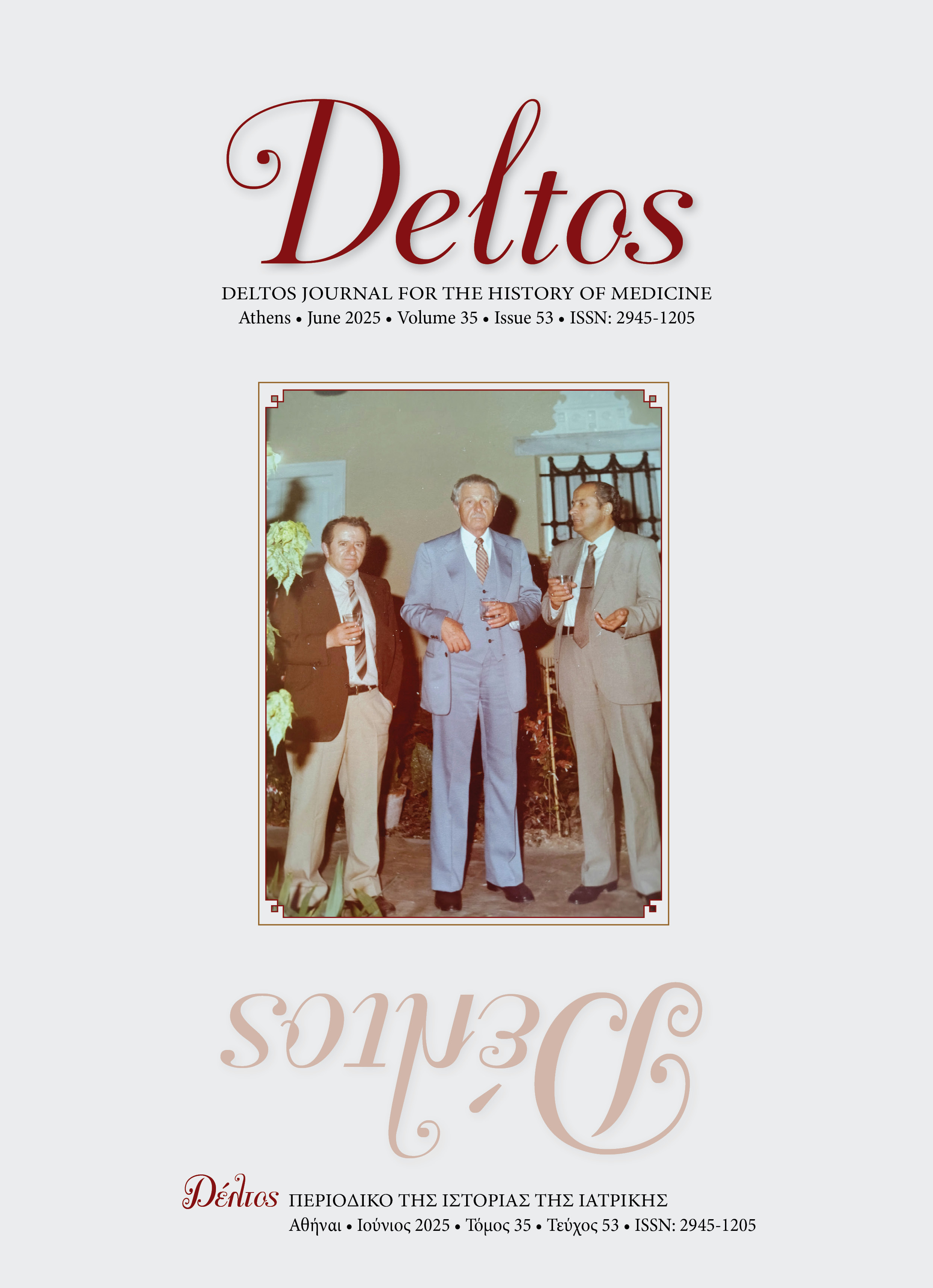Geoscience or spatial dynamics of knowledge: The intellectual trajectory from Physiognomy to Phrenology

Abstract
This study examines the idea that the spatial dynamics of knowledge production are critical for fostering innovative breakthroughs. To illustrate this idea, we trace the intellectual transition from physiognomy to phrenology, charting its origins from Naples to Germany. In Naples, a hub of academic innovation under various regimes, Giovanbattista della Porta’s 16th-century work on physiognomy, De Humana physiognomonia set the stage for future explorations in the body-personality relation, notably invoking Saturn to characterise melancholic traits.
In England, Sir Thomas Browne’s Religio Medici and in Germany, Johann Kaspar Lavater’s Essays on Physiognomy drew from Della Porta’s work. Lavater’s emphasis on the relationship between facial features and personality paved the way for the phrenological theories of Joseph Gall and Johan Spurzheim, who shifted focus to cranial morphology as indicative of personality traits and identified the ‘organ’ of melancholia beneath the parietal bones. This shift engendered a renewed interest in mind-body relations back in Naples, notably through figures such as Miraglia, though reception was mixed and ultimately resistant. While influential for a time, phrenology’s influence waned as attention turned, under figures like Bianchi, towards the brain’s internal structures rather than its external contours. This dynamic of the knowledge production flying away form its birthplace and then returning back to it is beautifully captured by the epigram inscribed above the door of the Aula at the Athens Academy: “The Muses, living in Freedom, wandering for long time abroad, returning back to the much desired Greece, they dispense again to the Greek youths gifts close to their hearts”, which evokes the return of ideas to their native soil after circulating through diverse intellectual landscapes.
Article Details
- How to Cite
-
Viggiano, D. (2025). Geoscience or spatial dynamics of knowledge: The intellectual trajectory from Physiognomy to Phrenology. DELTOS, 35(53), 81–88. https://doi.org/10.12681/dj.42276
- Issue
- Vol. 35 No. 53 (2025)
- Section
- Research Papers

This work is licensed under a Creative Commons Attribution-NonCommercial 4.0 International License.


